Porsche 908/02 K Spyder (1969 – 1972)
Share
Porsche 908/02 K Spyder (1969 – 1972): A Icon of Motorsport Excellence
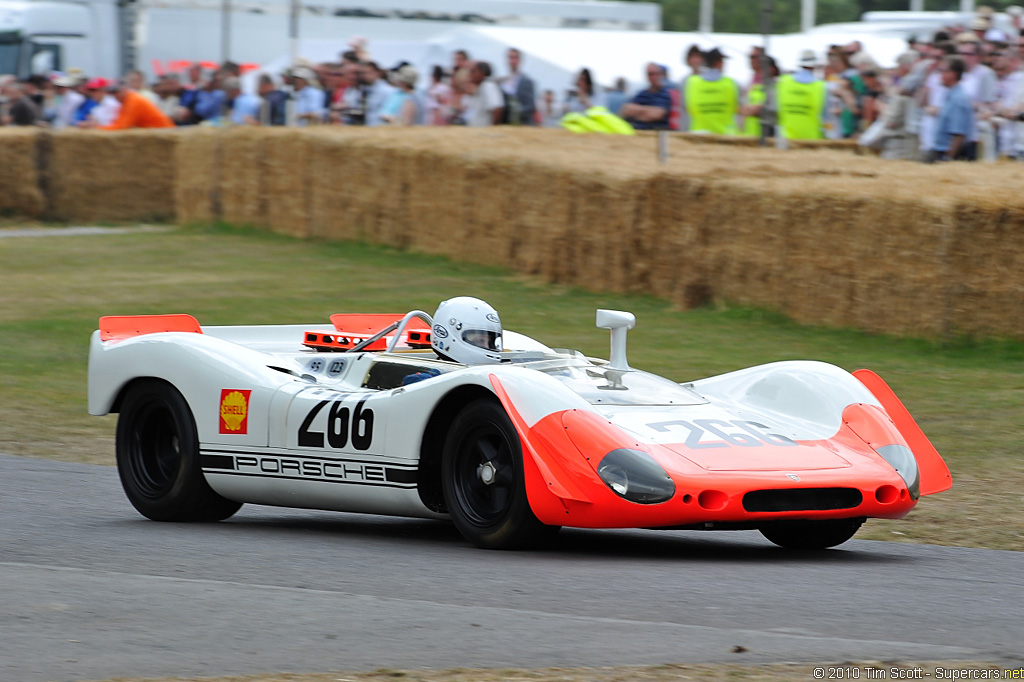
The Porsche 908/02 K Spyder is one of the most legendary race cars to have emerged from the Porsche stable, embodying the brand's commitment to engineering excellence, innovation, and performance. Produced from 1969 to 1972, this striking sports car played a significant role in endurance racing and has left an indelible mark on motorsport history. Below, we delve into the history, specifications, and iconic status of the Porsche 908/02 K Spyder.
The Birth of the Porsche 908/02 K Spyder
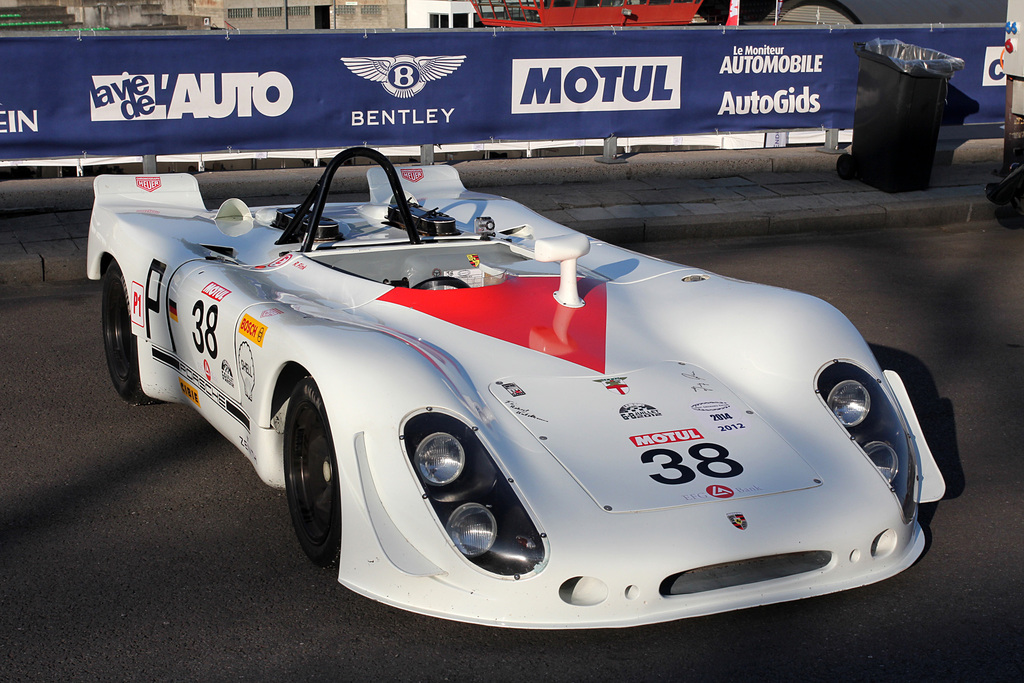
The Porsche 908 lineage began in the mid-1960s as a purpose-built race car designed to compete in the World Sportscar Championship. The 908/02, also known as the "Longtail" version, was developed for the 1969 season to enhance aerodynamic efficiency, enabling higher speeds on the long straights of tracks such as Le Mans and Monza.
The 908/02 K Spyder was a lightweight open-cockpit version of the 908, featuring a low-slung, elongated chassis that minimized drag. The car was built around a lightweight fiberglass and aluminum body, which not only contributed to enhanced performance but also provided a visually striking aesthetic.
Performance and Specifications
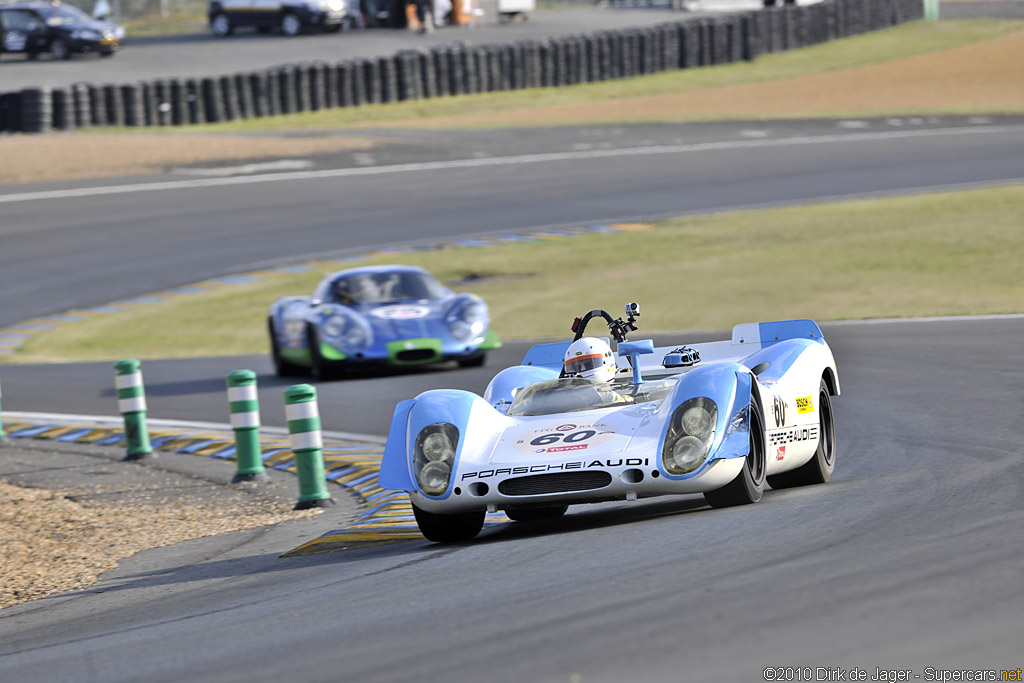
Under the hood, the Porsche 908/02 K Spyder boasted a potent 3.0-liter flat-eight engine capable of producing approximately 350 horsepower. This powertrain allowed the 908/02 to achieve remarkable acceleration and top speeds, making it a formidable competitor in endurance racing events.
One of the standout features of the 908/02 K Spyder was its ability to balance speed and handling. The car employed a sophisticated suspension system with independent front and rear setups, allowing it to maintain stability at high speeds while navigating tight corners. The lightweight nature of the car was complemented by its impressive aerodynamics, providing drivers with a competitive edge on the track.
Racing Achievements
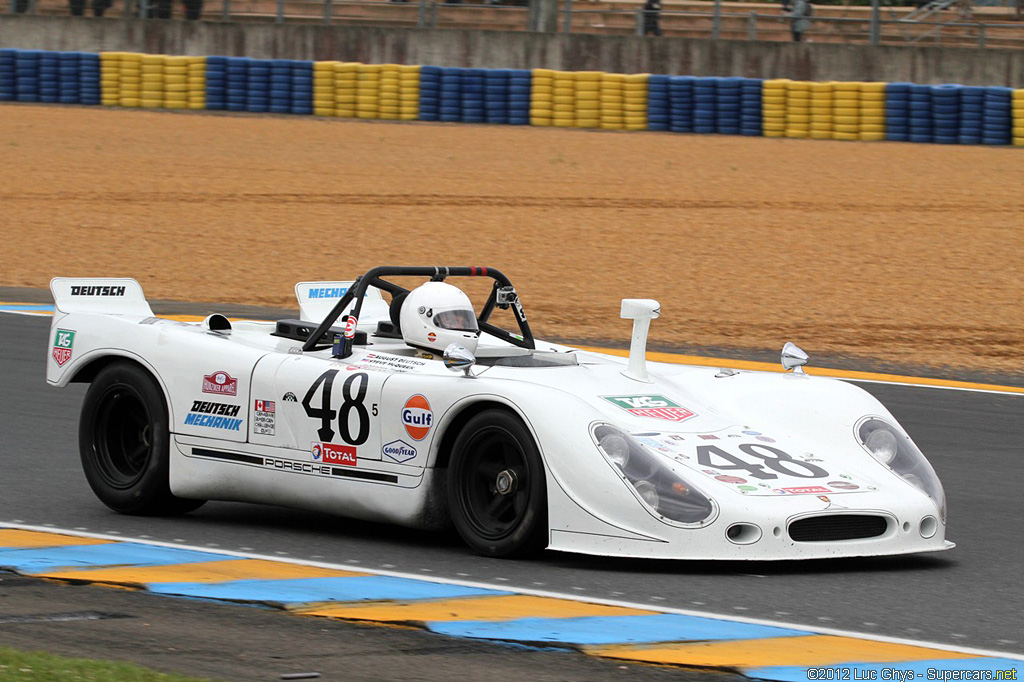
The Porsche 908/02 K Spyder made its mark in motorsport history with a series of impressive racing achievements. It scored multiple victories in endurance races, including the 1969 24 Hours of Daytona, where it showcased the incredible reliability of the Porsche engineering team.
Another memorable victory came at the 1970 running of the 12 Hours of Sebring, where the 908/02 K Spyder dominated the competition. The combination of speed, agility, and exceptional handling led to its success, cementing its legacy in the pantheon of racing machines.
The End of an Era
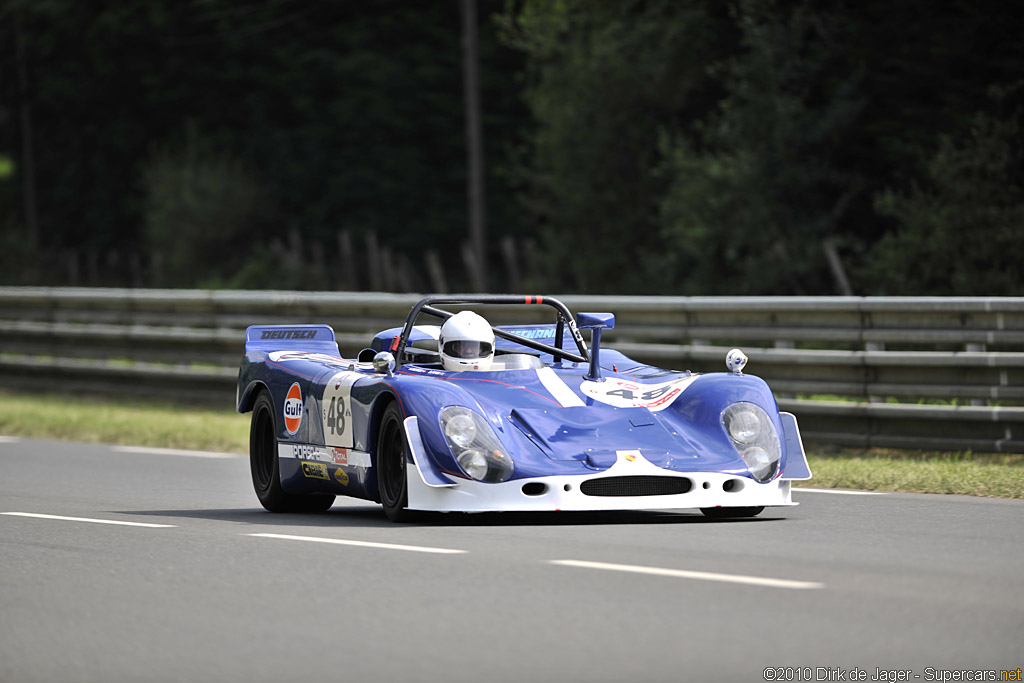
By the early 1970s, Porsche began to shift its focus to more modern racing regulations, leading to the eventual retirement of the 908/02 K Spyder. However, its influence and impact on motorsport continue to be felt today. Collectors and enthusiasts highly prize these vehicles for their historical significance and racing pedigree.
The few surviving examples of the Porsche 908/02 K Spyder are often featured prominently in classic car events and auctions, highlighting their status as a cherished piece of automotive history. As the legacy of Porsche continues to evolve, the 908/02 K Spyder remains a symbol of the brand's racing heritage.
Conclusion: A Lasting Legacy
The Porsche 908/02 K Spyder is not just a car; it represents an era of innovation and excellence within the racing community. With its remarkable performance and racing achievements, the 908/02 K Spyder embodies everything that Porsche stands for – quality, reliability, and adaptability on the track.
As we look back at the engineering marvel that was the Porsche 908/02 K Spyder, it serves as a reminder of how far the automotive industry has come and the impact that racing has had on the development of road cars. The spirit of the 908/02 K Spyder continues to inspire the engineers and designers at Porsche, as they forge ahead into the future with the same commitment to excellence that defined this extraordinary machine.
Every time a Porsche 908/02 K Spyder graces the track, it tells a story of speed, design, and the relentless pursuit of performance that will resonate with car lovers for generations to come.